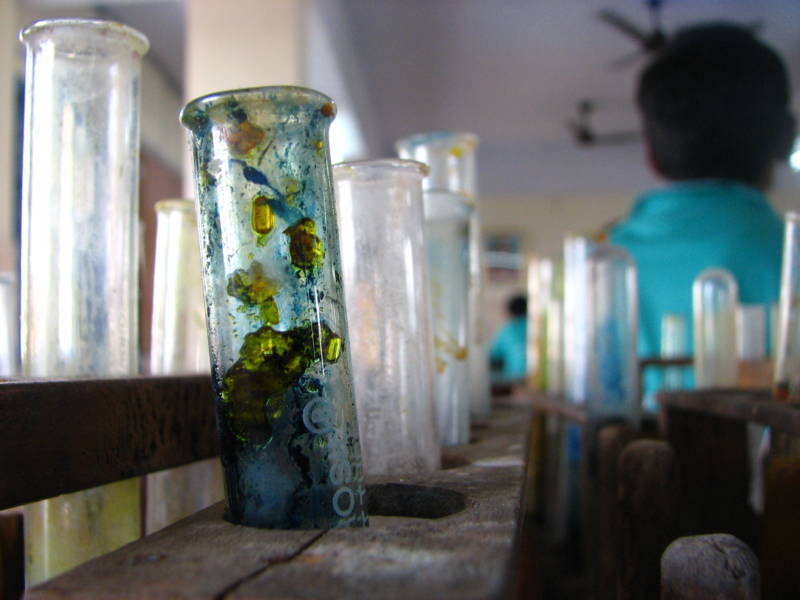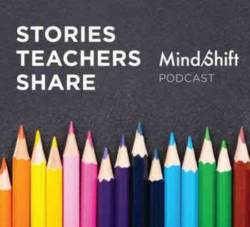What kind of people can become scientists? When a group of researchers posed that question to ninth- and 10th-graders, almost every student gave empowering responses, such as “People who work hard” or “Anyone who seems interested in the field of science.”
But despite these generalized beliefs, many of these same students struggled to imagine themselves as scientists, citing concerns such as “I’m not good at science” and “Even if I work hard, I will not do well.”
It’s understandable that students might find imagining themselves as scientists a stretch -- great achievements in science get far more attention than the failed experiments, so it’s easy to see a scientist’s work as stemming from an innate talent. Additionally, several science fields have a long way to go to be more inclusive of women and underrepresented minorities.
But for high school students, learning more about some of the personal and intellectual struggles of scientists can help students feel more motivated to learn science. Researchers at Teachers College, Columbia University and the University of Washington designed an intervention to “confront students’ beliefs that scientific achievement reflects ability rather than effort by exposing students to stories of how accomplished scientists struggled and overcame challenges in their scientific endeavors.”
During the study, the students read one of three types of stories about Albert Einstein, Marie Curie and Michael Faraday:
- Intellectual struggle stories: stories about how scientists “struggled intellectually,” such as making mistakes while tackling a scientific problem and learning from these setbacks.
- Life struggle stories: stories about how scientists struggled in their personal lives, such as persevering in the face of poverty or lack of family support.
- Achievement stories: stories about how scientists made great discoveries, without any discussion of concurrent challenges.
Researchers found that students who heard either type of “struggle story” improved their science performance post-intervention, relative to students in the control group. The effect was especially pronounced for lower-performing students, for whom “exposure to struggling stories led to significantly better science-class performance than low-performing students who read achievement stories.” In addition, students who read struggle stories reported feeling more personally connected to the scientists.



